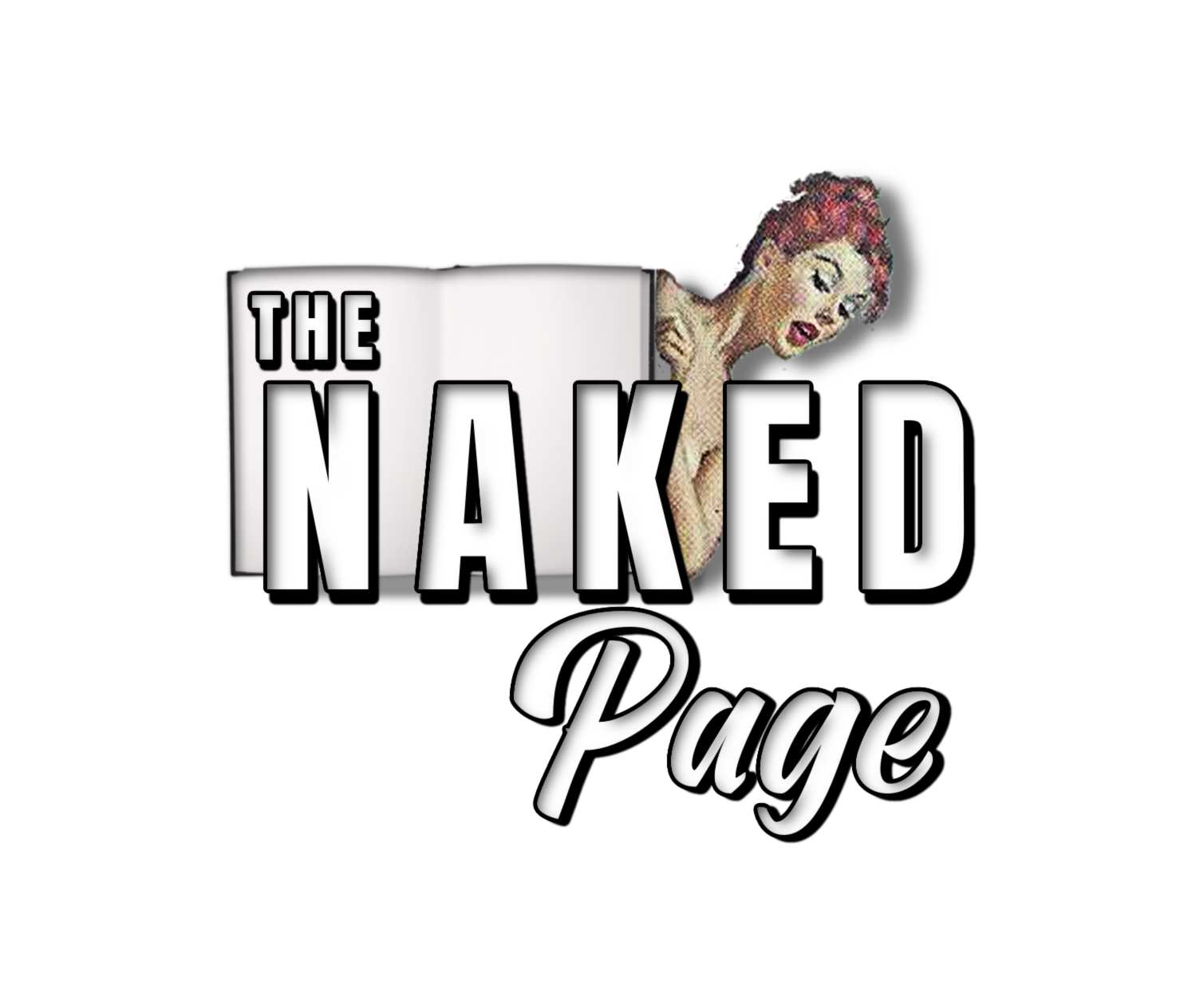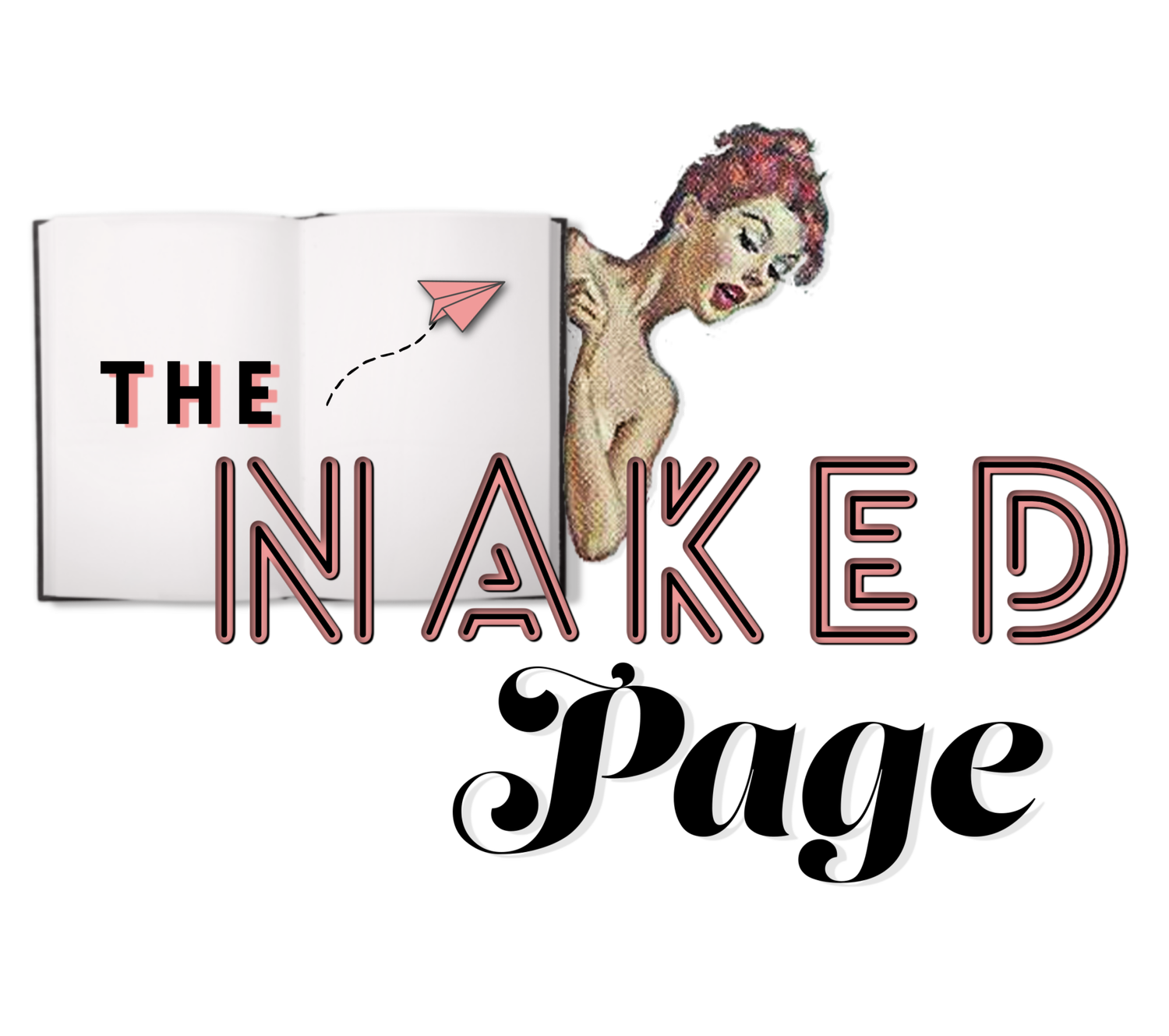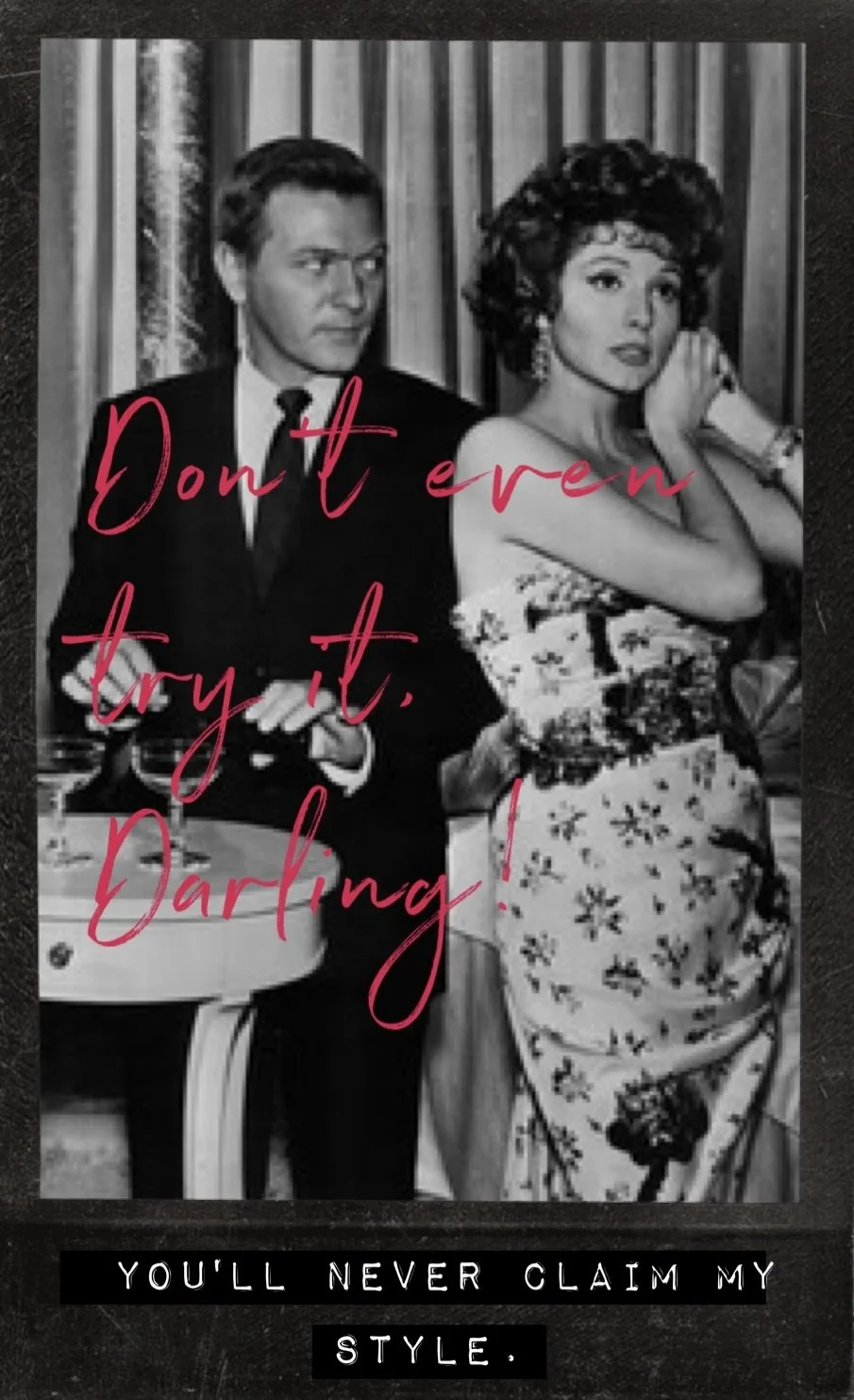What to Do if Someone Steals Your Writing?
‘Tis a pity he was a thief.
Eeeeeeekkkk. The fear of someone stealing your intellectual property.
It’s a real worry for many new writers. But is it a justified fear?
Like so many other issues in the writing world, the answer is maybe.
Yes, there is the potential for people to take your writing but is this theft as pervasive as newbie writers think it is? And if so, what should you do about it?
It happens. People get their ideas stolen.
I’m no stranger to this experience.
A friend arranged a meeting for me with a local “publisher” when my daughter was a baby. The guy helped writers self-publish, which should have been a red flag. In other words, he took money for things you can do on your own. When I met with the overzealous book jockey, he was eager to get his hands on my writing. He wanted me to publish and publish fast.
You and I both know how I feel about writing and publishing quickly. It’s a marketing ploy—not what real writers do. Thankfully, I declined to give him access to my memoir. My new mom Spidey senses were all over the place with this guy, so I dropped him like a hot potato.
But a few years later, I reconnected with him when he was looking to help people with the editing process. At least that’s what he claimed. The word “edit” is like cat nip for me. I desperately wanted to get back into the editing game. Plus, I had researched his website and it was clear that for someone who was passing himself off as a publisher, he didn’t understand what editing meant—he routinely got developmental editing mixed up with proofreading. I thought I could help him. And my eagerness to work with writers overtook my common sense.
Flash forward and I did something dumb. I sent him copies of my early ebook drafts. Think of my current books but in their infancy stages. Once he got his hands on my material, I never heard from the guy again, but he certainly made use of those drafts.
He didn’t copy anything word for word, but it was clear my skill set was now being used aplenty by him.
He instantaneously gained a team of editors on his website. This insta-team was showcased as developmental editors, copy editors, and proofreaders. He even added photos of this editorial staff with their first names and last initials. With a reverse image search, I discovered his entire editorial team came from Stockville, USA. That’s right, his staff was made up of paid stock photos, not real employees.
Cool move, bro. I’m sure nobody will notice.
Why do people lie like this? It doesn’t make your business seem trustworthy when you invent a staff that is pure fiction.
At first, I was angry with myself for giving some idiot my materials. The guy conned me, but I let it go after a few days of seething rage. And here’s why:
Along with the obvious stock photos of fake people, his website was, well—ugly. His copywriting felt stilted. And he didn’t seem to have many of his own ideas in play. Everything felt borrowed from someplace else with that emphatic “do it now” hustle that marketers love to use to pressure potential clients into buying immediately.
But the #1 biggest reason I let it go: his website was a massive dude-bro site! You know what I’m talking about. “Hey, wanna write a book from start to finish without really understanding the writing process and be a bestselling author tomorrow, bro?! Dude! I can totally make that happen for you!”
Scrolling through his site felt like attending a kegger at a frat house. YIKES! What kind of hangover would you get after signing on the dotted line? I didn’t want to find out.
That’s exactly why I stopped stewing over his unscrupulous actions—the guy could never really steal from me. He’d have a better chance of lifting my fingerprint right off my thumb. Sure, he might claim some concepts around the writing process, but my work is all about my unique voice and style. And the “bro, I can make you rich yesterday if you just follow my simple blueprint—sign up now and be a millionaire” mentality has never been my thing.
The long and the short of it is—people aren’t gravitating toward you as a writer for what you say. They gravitate toward you for how you say it.
Yes, there’s a feeling of intrusiveness about a man taking my intellectual property, twisting it around, and making it his own. Is there a woman alive who hasn’t lived through this? But in the end, it’s our willingness to be authentic and to capture a sense of our own style on the page that drives readers to our work.
The real, real truth is there will always be someone eager to churn out a quick self-published book where they niche down and get everyone in their inner circle to buy it on Amazon, sell 12 copies, and claim bestselling author status.
But how legitimate is that for real writers?
It’s laughable.
Most writers you meet will be so caught up with their own work they aren’t going to be that focused on what you’ve written. Even if you think what you’ve created is the single most profound piece of writing on the planet since the Bible. Other writers will believe their work rivals Shakespeare.
On the off chance you do meet someone like my buddy above, who may attempt to repurpose pieces of your work in their own words because they’re in the dark about their own—ahem— “expertise.” Take it as a compliment. This person is not as skilled or advanced as you are. And boy will it show.
Then say it with me, “Awwww… bless his heart.”
I’m back in the South now, so I get to use those quips often.
No one can be YOU. Period.
I pity any person who tries.
To latch onto someone else’s work is the humble beginning of a newbie. Think back to how you started writing by copying the style of your favorite author. It was a phase you passed through in your writing journey, right? It didn’t last once you become more confident in executing your own writing style and finding your unique writer’s voice.
Luckily, I had some experience with being ripped off before I started writing.
When I was performing burlesque not long after I left education, I crafted a teacher character and was spoofing myself. During my Hot for Teacher number, I’d pull audience members up on stage and spank them with ever-increasing paddles as the show progressed. (Don’t judge me, how’s your boring day job going? ; )
But there was also another burlesque school in town that saw that performance. The next week someone emailed me a picture of the troupe leader decked out from head to toe in a teacher’s costume.
Repeat after me again, “Aww…bless her heart.”
Legally there wasn’t anything I could do about it. I hadn’t invented teachers. But it was clear she was lacking in her own creativity and needed to replicate my ideas because she couldn’t come up with her own.
But guess what. Other people have eyes, too. They notice who is original and who is a copycat.
As I always say, “Imitation is the cheapest form of flattery.”
If you’re good at what you do and you’re authentic, people are going to want to emulate you. The number of women in the burlesque world who post their birthdays as Valentine’s Day always astounds me. I was born on February 14th. It’s just a date on my driver’s license.
You’ve got to stay in your integrity.
No one can copy that. It’s yours.
One of the best ways to ensure you are staying in your integrity is to ensure you aren’t a copycat yourself.
Being inspired by someone is oh so different from outright theft. So, what’s the difference between swiping someone else’s intellectual property vs. borrowing an idea and changing it to say something new?
Plenty of artists take ideas and revolutionize them to speak to their audience in a fresh way.
For instance, Andy Warhol did not invent the Campbell Soup can. He did in fact appropriate the image for his own use, but the way he did it had the status quo questioning everything. Cans of soup were oh so simple; something we were used to seeing in mundane places like the grocery store. But showcasing those cans as art caused an uproar. It asked, “Can we elevate the everyday to art?”
Here are some practical steps to ensure you aren’t stealing anyone else’s intellectual property:
Are you copying someone’s exact words, style, voice, etc.? Stop. Now. Find your own deeply held ideals and spell those out in your own words.
Can you change an idea enough to make it your own? Inspiration is expected in the art world. But you’ve got to come up with your own spin that reveals a new concept. Do you have a value or perception that would challenge the status quo?
Do you give people proper credit when you use their work? Sometimes that’s all it takes. Ask someone before you use something. Add attribution. Quote someone and list the source.
Can you pay people for their intellectual property? Find ways to trade skills with another artist or outright pay for their work. Value those in your network.
Familiar yourself with the fair use guidelines.
Borrowing can get messy. I get it. It’s not always clear what can be sampled.
If you have a website, you may be whip-smart at churning out the copy but need lots of help with images. That’s a hurdle I’m still grappling with. For instance, can I use a stock photo listed for editorial use only? It’s not always clear, so I spend a good chunk of change paying for stock photos rather than just lifting new images. (Old ones in the public domain are an entirely different story.)
Here are the guidelines I use when posting images:
You have the right to use your own image.
Support the artists who make your image possible. Giving credit is always a good idea. You should be able to add this information where it displays when you hover over an image.***
I search for and use lots of older photos that are in the public domain.
I like to spoof vintage images of Old Hollywood. Parody and educational use of images usually constitute fair use.
For newer images, I pay monthly to have access to photos from places like Shutterstock.
If I see an image I’ve used pop up on another site, I swap my image for something different. Some stock photos just become so overused you want to replace them with fresh ones.
If any artists asked me to remove a photo, I would do it in a minute.
I’d also be more than happy to learn more about best practices in regard to using photos and works of art, so if anyone wants to chime in here be my guest!
Practical steps to prevent someone from stealing your work:
Decide whether someone is truly ripping off your intellectual property or whether they are learning from you.
Use a copyright notification. Even though your intellectual property is copyrighted as soon as you create it, the copyright notification can ensure that folks are warned in the event you ever need to legally pursue someone.
If you find someone copying your work, politely ask them to stop doing it first. Often people don’t realize their crossing boundaries and asking them to refrain from using your work is the easiest way to halt the behavior.
If necessary, send a Cease-and-Desist letter and give them the opportunity to remove the problematic material before pursuing it legally.
If all else fails, you can file a civil lawsuit in a Federal District Court.
Biggest Takeaway: If you’re a creative person your work will continue to progress and that may be your best retaliation. Someone who continues to evolve their work is hard to steal from. It’s like shooting at a moving target.
“Gee, that old thing. It was so last year,” you can say as you release your next creative incarnation, “Good luck keeping up with me!”
Sometimes artistic evolution is the best way to leave the copycats in the dust.
***Side note: While building the latest incarnation of my website, I discovered Squarespace 7.1 no longer supports captions when hovering over an image. Grrrrrrrr! I don’t want to add lots of extra info to the page itself, so this makes it insanely difficult to credit photographers. PLEASE SQUARESPACE, FIX THIS!
I’m creating an attribution page to ensure credit is given where credit is due. You’ll find it by clicking on photo credit in the footer of The Naked Page’s website.


